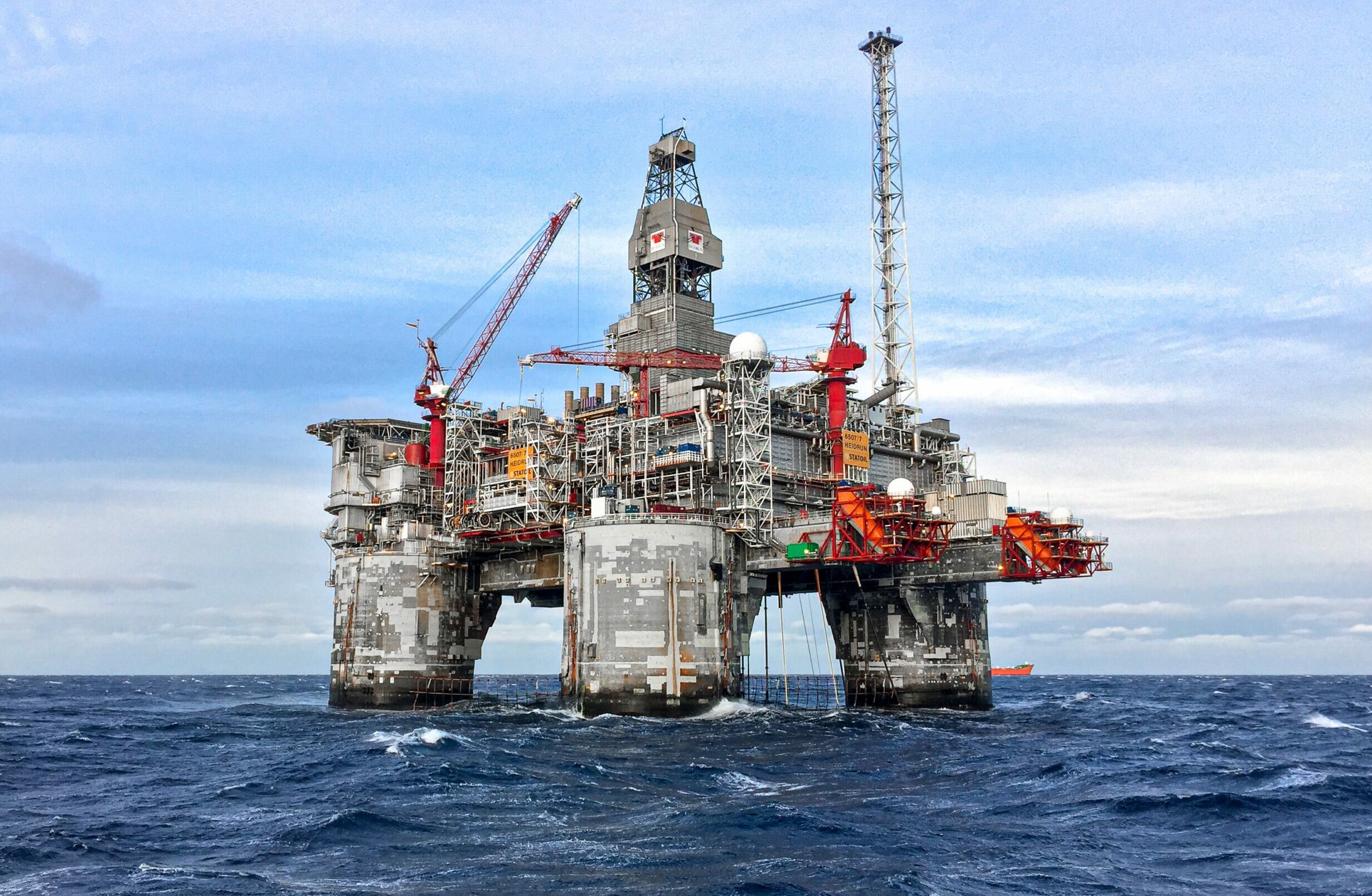All Norway’s plans to extract metals from the sea

Norway wants to become the first country to start commercial-scale underwater mining: the energy transition needs metals, and the Arctic seabed is rich in them. Here are details, companies involved and opponents
On 5 December, Norway's minority (centre-left) government reached an agreement with the two main opposition parties to begin seabed mining activities. The area selected for exploration is located between the Barents Sea and the Greenland Sea; It covers an area of 280,000 square kilometers – roughly the size of Italy – and is expected to contain rich deposits of copper, cobalt and rare earths. These are critical metals for the energy transition, i.e. raw materials necessary for the production of batteries (cobalt), magnets for wind turbines and electric cars (neodymium and dysprosium, two rare earths) and electric cables ( copper).
WHO SUPPORTS AND WHO DISTESTS NORWAY'S PLAN
The goal of Norway, Western Europe's largest oil-producing country, is to become the first nation in the world to begin commercial-scale underwater mining.
The plan pleases the hydrocarbon industry, which sees a possibility of reconverting its know-how (drilling machinery, offshore infrastructure). However, it is opposed by the fishing sector, concerned about the possible repercussions on fish fauna, and by environmentalists, who fear the upheaval of ecosystems. The Norwegian government has ensured that deep-sea mining will take place in compliance with rigorous environmental criteria and that every extraction operation will be subject to parliamentary approval.
Among the companies to have applauded Oslo's decision is Loke Marine Minerals, a Norwegian seabed mining startup backed by French oilfield services firm Technip and Norwegian shipping group Wilhelmsen.
LIMIT THE ENVIRONMENTAL IMPACT AND COUNTER CHINA
The impact of underwater mining is unclear, as the seabed remains largely unknown. However, it is thought that their biodiversity is significantly lower than – for example – that of an Indonesian forest: the Asian country is rich in nickel , a critical metal for batteries.
For this reason, the Norwegian government has presented the proposal to exploit the Arctic seabed as a "responsible and sustainable" initiative from both an environmental and geopolitical point of view: the Norwegian metal deposits could allow Europe to reduce its dependence on China , which dominates the supply chains of almost all raw materials for the ecological transition and which could exploit this condition to put pressure on Western governments. Beijing, however, also intends to engage in underwater mining.
– Read also: Money and geopolitics: all the moves of The Metals Company for the extraction of metals from the oceans
POLITICAL CLAIMS IN THE ARCTIC
As the Financial Times points out, Norway's mining plans could fuel political tensions because the area selected for exploration, near Svalbard, is disputed between multiple countries. Oslo believes it has exclusive rights to exploit in the waters around these islands, but its interpretation is rejected by the United Kingdom, the European Union and Russia.
ARE AUTOMOTIVE MANUFACTURERS AGAINST SEED MINING?
In short, it remains to be seen whether battery metals extracted from the seabed will find a market. In fact, several large companies – including the technology companies Google and Samsung and the car manufacturers BMW and Volvo – have signed up to a WWF document opposing deep-sea mining .
This is a machine translation from Italian language of a post published on Start Magazine at the URL https://www.startmag.it/energia/norvegia-estrazione-mineraria-fondali-marini/ on Wed, 13 Dec 2023 07:13:39 +0000.
